I met my pal Lisa for lunch yesterday.
It was the first time we’d met up in real life, having been friends on Twitter for a while. We were talking, amongst other things, about how we started chatting to each other initially, and agreed it was through a shared love of music.
Over the course of the afternoon, we talked about numerous things. Life, being a mother, France, Ireland, the sea, you name it. The things we have in common. Connection.
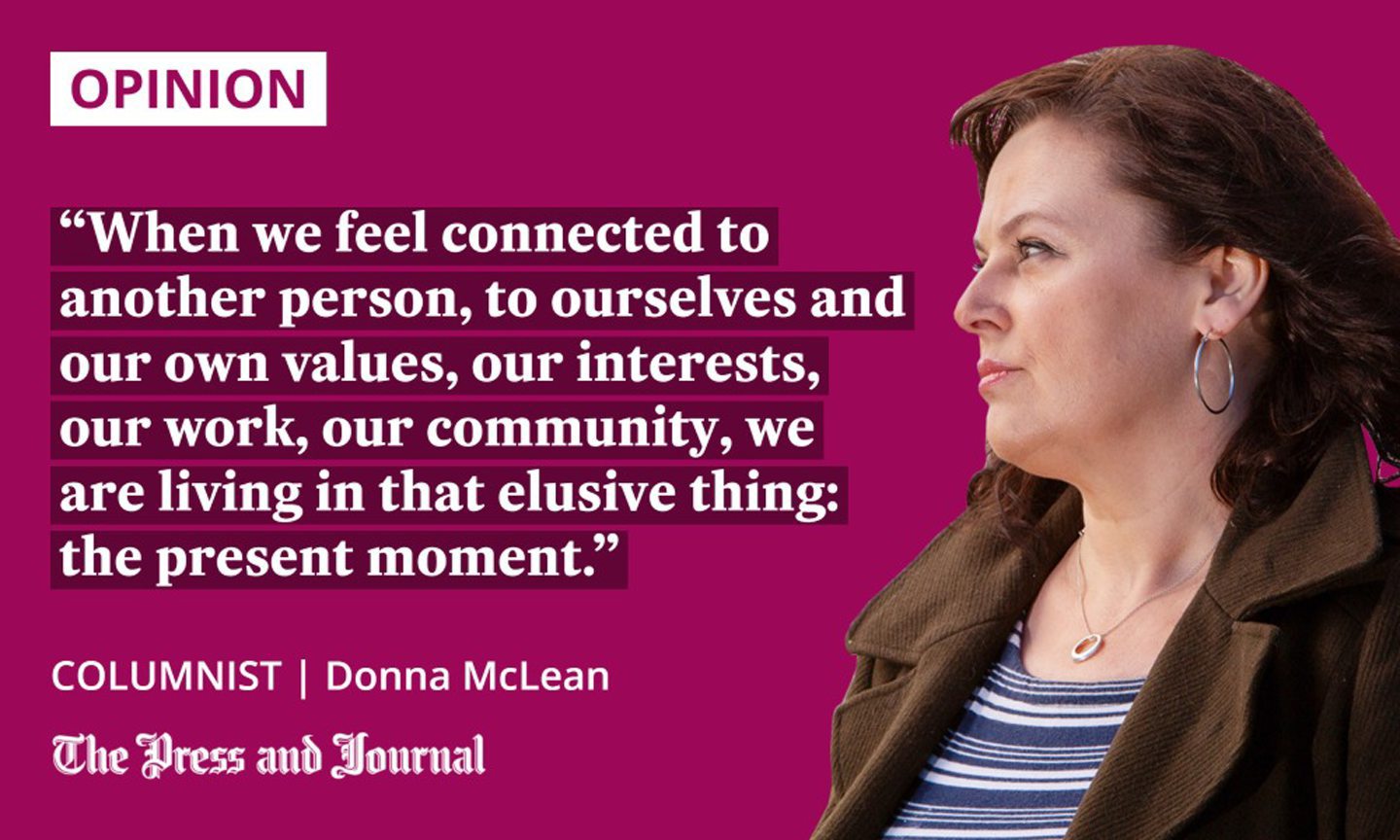
Human connection fascinates me on a deeply personal level, and on a professional level, too. I spent decades working in mental health and addiction recovery services.
I believe that connection is one of our most fundamental needs as human beings. In fact, a sense of love and belonging are critical to our wellbeing.
I’ve spoken about connection so much this week, this month, this year. When we feel connected to another person, to ourselves and our own values, our interests, our work, our community, we are living in that elusive thing: the present moment. Not overly fixating on the future and what might happen, not ruminating on the past, which we can’t change anyway.
Connection is about love, joy and hope. Connection creates an environment in which we can flourish.
Twitter became a lifeline
I also talked to Lisa about the opposite of connection, at least my own experience of it, and why Twitter became a bit of a lifeline for me during lockdown. Not only was I isolated like everyone else, but I also encountered the unfortunate double whammy of being classed as extremely clinically vulnerable, due to an autoimmune condition called lupus.
I was stuck indoors. And that indoors was not a happy place at all, at the time. Eventually, I had to leave with not much more than a bag of clothes.
Precisely because I couldn’t travel or see my family, who were 500 miles away, I began to make new connections online. Through a mutual love of music and literature, I found friends, specifically through the amazing world of the Memorial Device community, inspired by Scottish writer David Keenan’s book.
Not only is this a friendly, welcoming space, but there’s a call to action in that sense of belonging. A real sense of looking out for each other, sometimes raising money, sometimes just checking in on each other if someone hasn’t been visible for a while.
Connection is the opposite of alienation
In his renowned inauguration speech, when he became rector of the University of Glasgow, the Scottish trade union leader Jimmy Reid said: “Alienation is the precise and correctly applied word for describing the major social problem in Britain today.”
He went on to add: “The challenge we face is that of rooting out anything and everything that distorts and devalues human relations.”
For me, that really sums it up. Connection is the opposite of alienation, encouraging social, physical and emotional contact with others.
When we find a supportive community and meet people who show empathy towards us, people who intrinsically understand our life experiences, we are able to develop a connection. This is how we build relationships and build communities.
One of my favourite writers and speakers on the subject is Dr Gabor Maté, who writes about how connection – or lack of – influences our emotions, our relationships, our immune systems, and impacts on our risks of developing addictions, or chronic illnesses such as SLE (lupus), the condition that I have, MS, arthritis, and more.
‘Insignificant’ interactions mean so much
Covid, with the necessity of stay-at-home rules and multiple lockdowns, played a significant role in reducing our connections, with friends, family, and even the casual conversations and interactions which can brighten the day. I’m thinking of chatting to your hairdresser, talking to the bus driver or the guard on the train, the person standing behind you in the queue at the supermarket.
I’ve come to realise that I’ve made those informal connections, which are so beneficial, online
I know working from home can be great and has huge advantages in terms of reducing travel and childcare costs but, as I said to Lisa, I lost so much in the way of human encounters due to lockdown and my own set of circumstances. I’ve realised how much those seemingly insignificant, informal, day-to-day connections contribute to our overall wellbeing and sense of belonging.
I’ve come to realise that I’ve made those informal connections, which are so beneficial, online. Those connections, sharing music and book recommendations, chatting about nightclubs in the eighties in Ayrshire or Airdrie, offer people a way to be included, listened to, appreciated. They’re fun and nostalgic and optimistic all at the same time.
And, they may even go on to facilitate real life friendships and (in some cases) romantic relationships, which is truly a wonderful side effect of connection.
Donna McLean is originally from Ayrshire and is a mum of twins, writer and activist
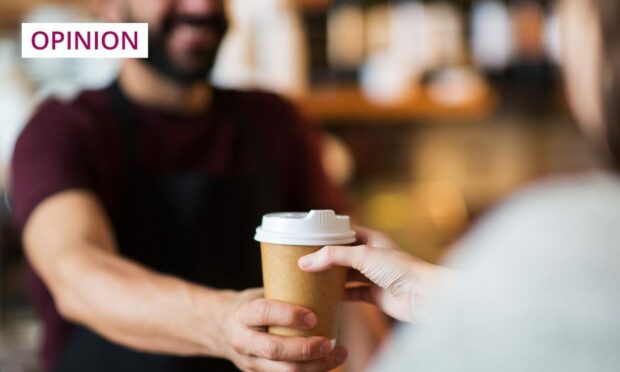
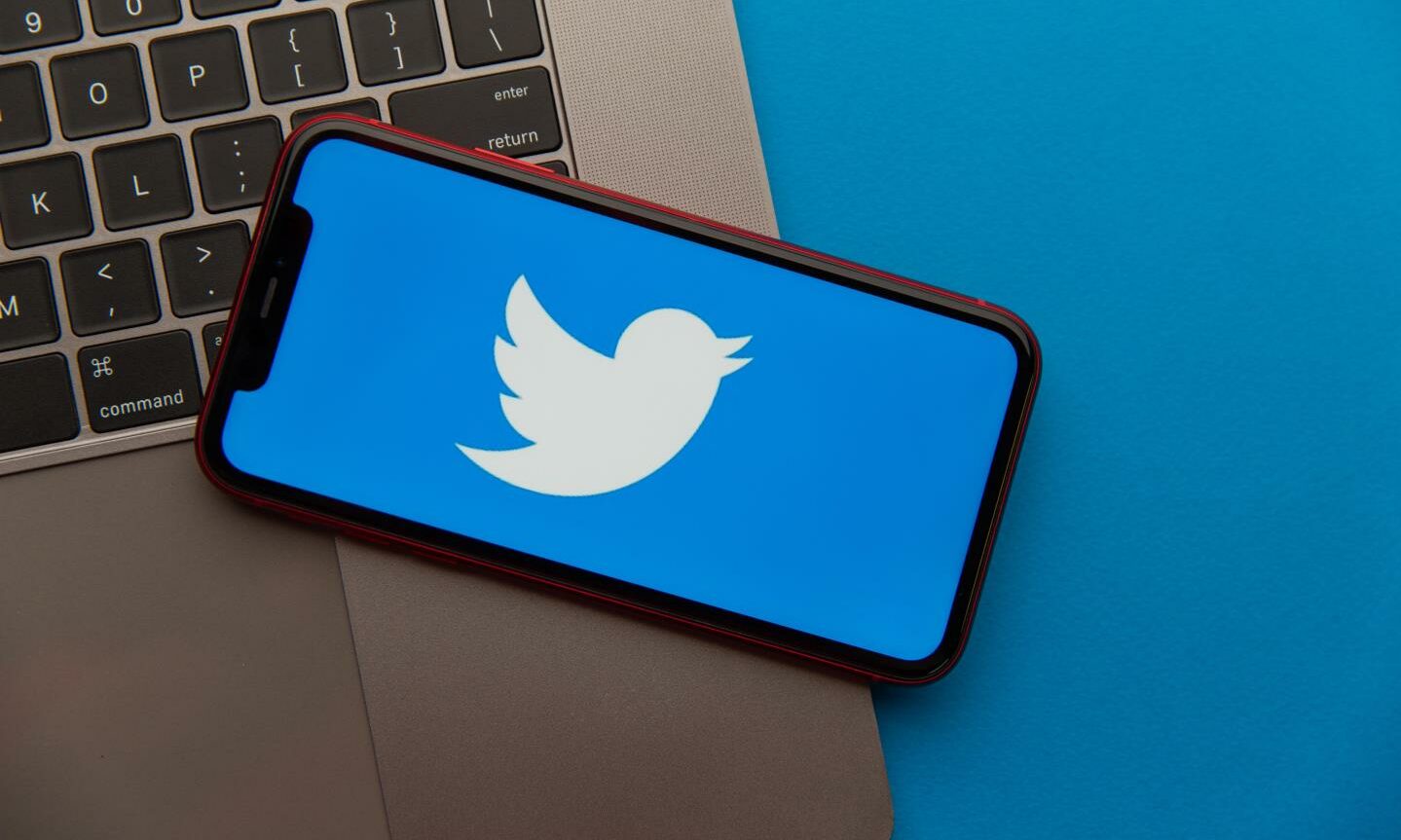
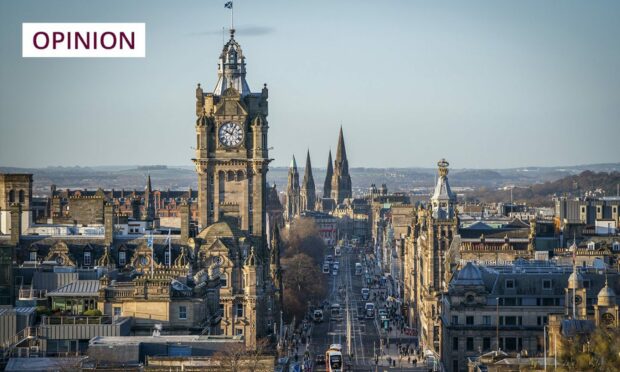
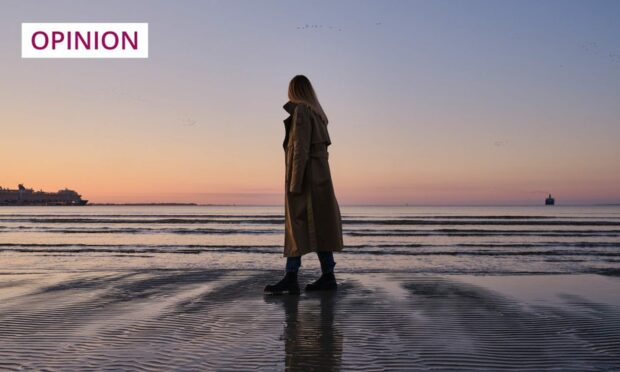
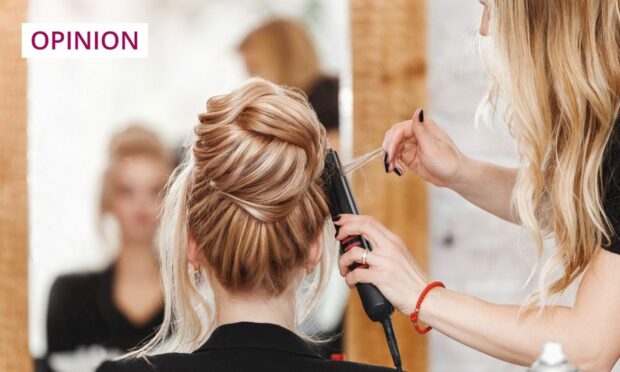
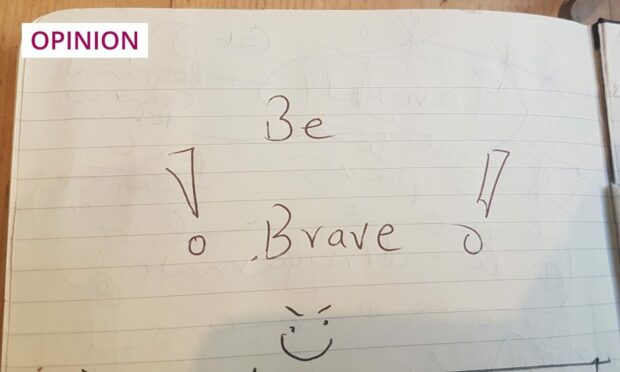

Conversation